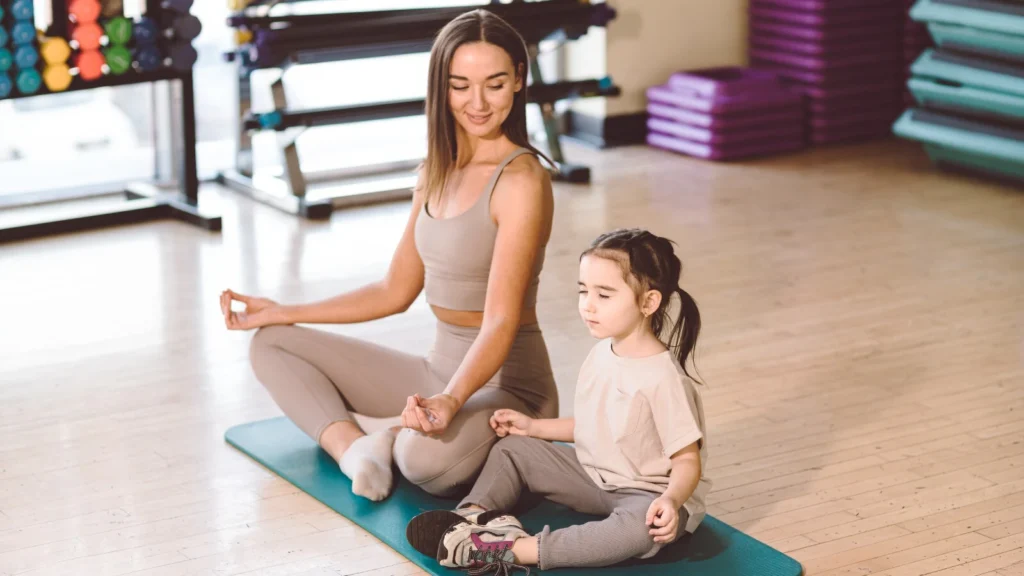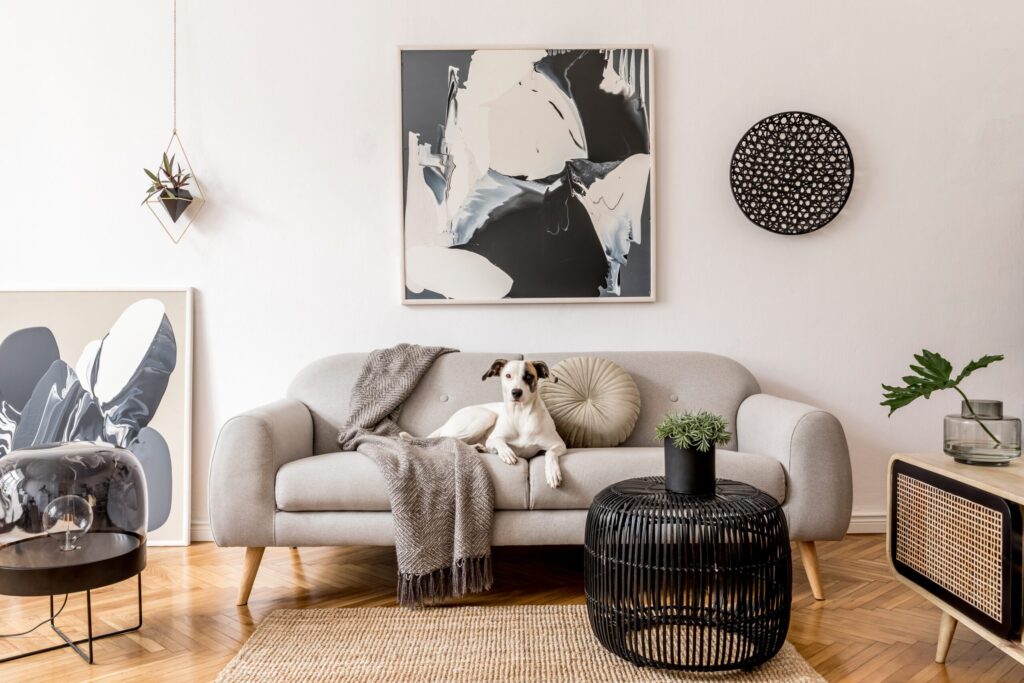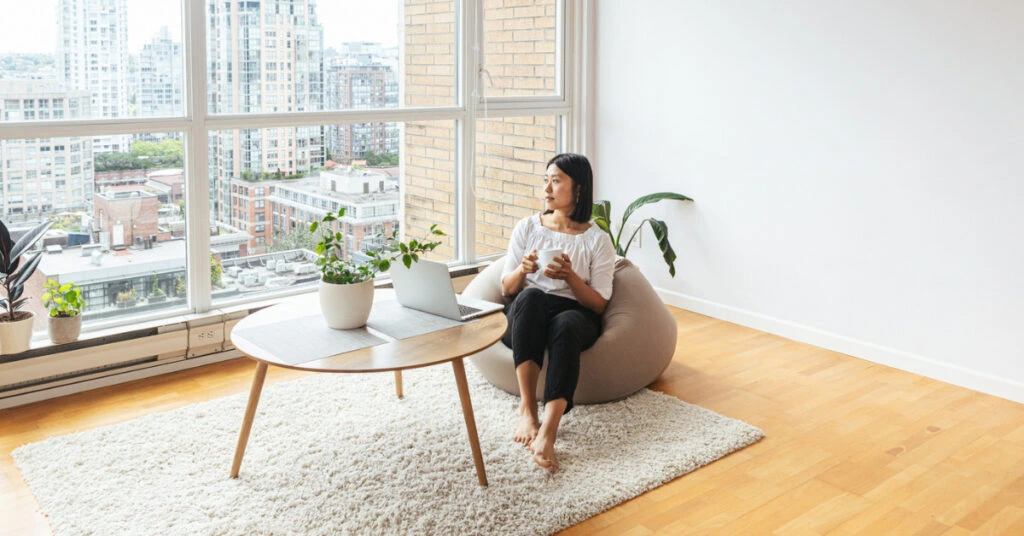Minimalism is about living a simple life. It means having fewer things but more happiness. This lifestyle helps people get rid of things that don’t matter and focus on what makes them happy. In today’s busy world, people often feel overwhelmed with stuff and distractions. Minimalism helps people clear the clutter from their lives so they can focus on what’s truly important.
Table of Contents:
What is Minimalism?

Minimalism means living with simplicity, no showoffs and no greed. It is about focusing on yourself and what truly matters to you. It is a simple way of living. It means keeping only the things you really need or love. You remove extra stuff and spend less on things you do not need. It helps you focus on peace, happiness, and health. You get more time for family and personal growth.
In Indian culture, our elders also lived simply with fewer things and a calm mind. Minimalism is not about having nothing. It is about keeping what matters and letting go of what doesn’t.
The History of Minimalism Lifestyle
Minimalism may sound modern, but its roots are very old. This lifestyle is all about living with less and focusing on what really matters. Let’s take a look at how minimalism started and grew over time.
Ancient Times
In India, the idea of simple living has been around for thousands of years. Our saints, sadhus, and monks always spoke about “simple living and high thinking.” Buddha left his palace and chose a minimalist life to find peace. In Jainism and Hinduism, many people believe in not collecting too many things and living with only what is needed. Ashrams were also based on minimalism—few items, more peace, and focus on learning or spirituality.
Minimalism in the West
In Western countries, the idea grew later. Around the 1800s, writers and thinkers like Henry David Thoreau promoted simple living. He lived in a small hut near a lake and wrote a famous book called Walden, where he talked about nature, peace, and a simple life. Later, in the 1950s and 60s, artists and architects in America and Europe started something called the Minimalist Movement.
They made art, homes, and designs that were clean, plain, and free from extra decoration. Their motto was “Less is more”.
Modern Minimalism
Today, minimalism is not only about art or religion—it’s a lifestyle. Many people are tired of buying too many things or living in a rush. So they choose to:
- Own fewer clothes and gadgets
- Eat simple food
- Keep their homes clutter-free
- Spend time on things that matter—like family, health, or hobbies
Famous people like Marie Kondo and The Minimalists (a podcast duo from the US) made minimalism popular again, especially after 2010.
Minimal Lifestyle Advantage
- Fewer Distractions: Simplicity helps you remove distractions that might be getting in the way of your goals or happiness. For example, if you have too many toys, clothes, or things you don’t use, they can create mental clutter. Having fewer things makes it easier to stay focused on the things you really care about, like friends, hobbies, or learning new skills.
- Clearer Mind: When your space is clean and simple, your mind can feel more organized too. A tidy room or house makes it easier to think clearly and feel less stressed. This allows you to focus on the things that are really important to you, whether it’s schoolwork, spending time with your family, or doing something fun.
- More Time for What You Love: It allows you to spend less time cleaning or organizing things. Since there are fewer things to take care of, you get more free time. You can use this time to do what you truly enjoy—reading a book, playing outside, or spending time with your loved ones.
- Less Worrying About Stuff: It helps you stop worrying about things that don’t really matter. If you have fewer things, you don’t have to worry about losing them or keeping them in perfect condition. It gives you peace of mind, knowing that you don’t need a lot to be happy.
- Simplicity in Daily Life: Life becomes less complicated when you focus on the simple things that bring you joy. You don’t have to think about what to wear, where to store extra stuff, or how to organize everything. It makes everyday life more straightforward and enjoyable.
Minimalism Lifestyle Tips

The first step to a simple life is to think about what’s important to you. What brings you joy? What helps you feel good? By focusing on these things, you can start letting go of things that don’t matter. Being mindful and paying attention to the present moment is important to live a simple life. It helps you enjoy your life and appreciate the things you already have.
1. Setting Simple Goals
- Set Clear Goals: When you live simply, you can set clear goals for what you want to achieve. Whether it’s learning a new skill or spending more time with your family, it helps you focus on what’s most important to you.
- Simplify Your Space: To start living simply, you can simplify your wardrobe or room. Keep only the things you really use or love. A clean space will make you feel more relaxed and happy.
2. Declutter Your Mind
- Clear Your Thoughts: Along with cleaning your room, it’s important to declutter your mind too. You can do this by taking some quiet time for yourself, writing down your thoughts, or meditating. This helps you feel less stressed.
- Find Support: It’s easier to practice simplicity when you have people who support you. Find friends or family who also want to live simply. They can help motivate you and make the journey easier.
Living Simple Life in Different Phases
1. How Minimalism Helps in Work and School
- Focus on Important Tasks: Minimalism helps you focus on the tasks that matter most in work or school. When you reduce distractions, you can get more done in less time. This can help you succeed and feel less stressed.
- Simplify Your Work Area: By organizing your workspace, you can create a calm place where you can think clearly. A tidy desk helps you feel focused and ready to work.
2. Minimalism and Relationships
- Spend Time with People: Minimalism helps you focus on meaningful relationships. Instead of spending time on many people, focus on the ones who truly matter to you. Having strong, real connections is more important than having lots of friends.
- Quality Over Quantity: It’s not about how many people you know, but how well you know them. Minimalism helps you build better relationships by spending quality time with the people who make you happy.
3. Minimalism and Money
- Save Money: Minimalism can help you save money. By not buying things you don’t really need, you can spend your money on things that are more important. This can also help you make smarter choices about your finances.
- Control Spending: By focusing on what you really need, you can control your spending better. You can make sure your money goes toward things that help you live a meaningful life.
4. Minimalism in Architecture
- Clean and Simple Spaces: In architecture, minimalism spaces mean designing your rooms or house with fewer decorations. The goal is to make a space that feels calm and organized. This type of design helps people feel relaxed and focused.
- Minimalism Today: Today, minimalism is more than just art or design. Many people choose this way of life to reduce stress and focus on what matters most. It’s a lifestyle choice that helps people live more happily and peacefully.
How Simplicity Makes Your Life Better

- Less Stress – Fewer things mean fewer worries. Life feels calm and peaceful.
- Saves Money – You spend only on what’s needed. This helps you save more.
- More Time & Focus – With less clutter, you get more time for family, hobbies, and yourself.
- More Happiness – You stop running after things and enjoy life more.
Conclusion
Minimalism is about living a simple life by focusing on what truly matters. By clearing out distractions and simplifying your environment, you can focus on what brings you joy, peace, and happiness. Minimalism isn’t just about getting rid of things—it’s about making room for meaningful experiences and deeper relationships. It can help reduce stress, boost creativity, and improve your overall well-being. While it can be challenging at first, living simply will lead to a happier, more fulfilled life. Start small, and embrace minimalism for a better tomorrow.

